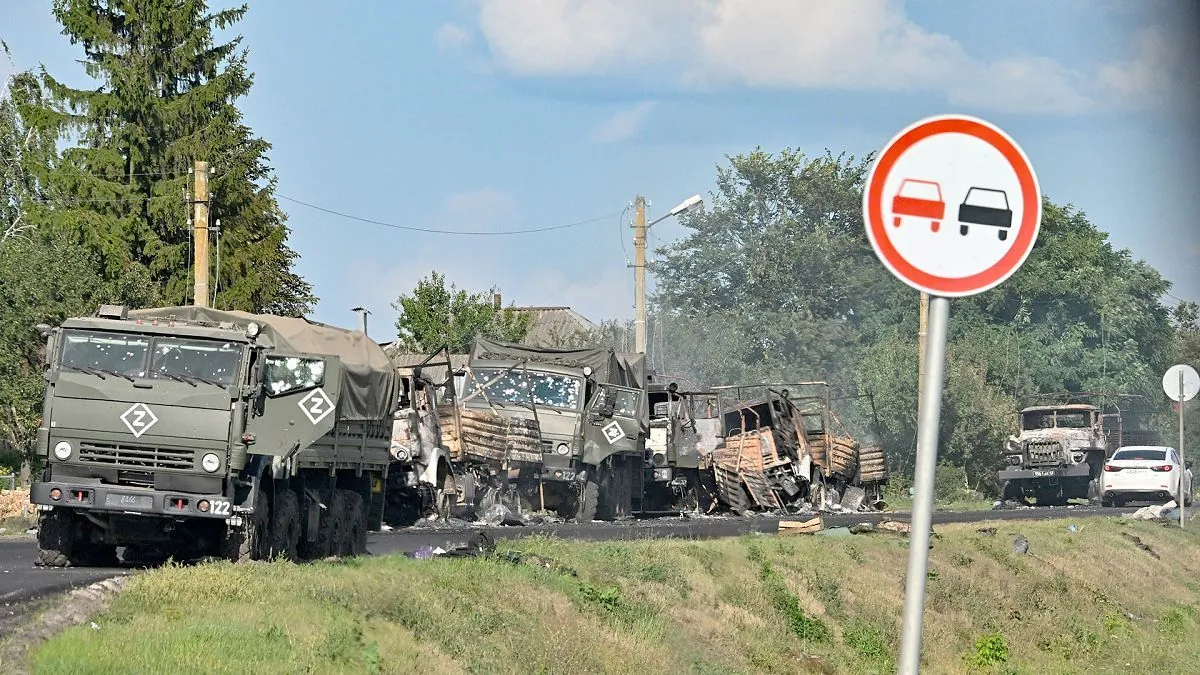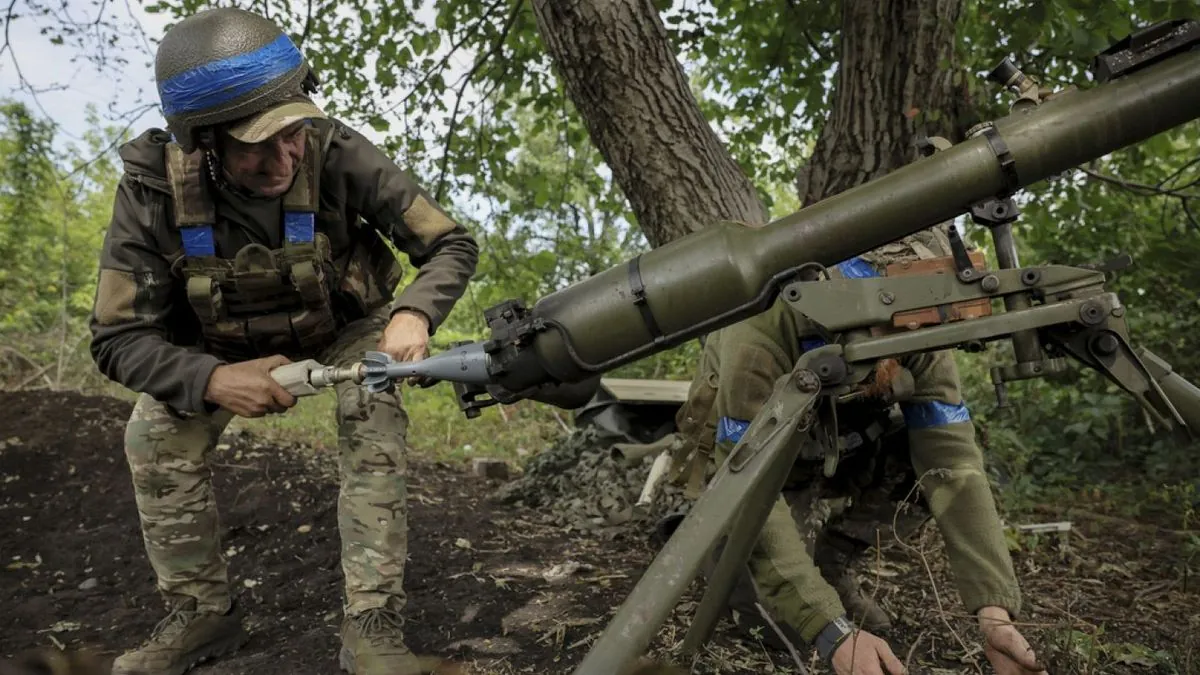Russia Vows to Reclaim Kursk Region Amid Ongoing Conflict
Russian officials assert confidence in regaining control of the Kursk region following a significant Ukrainian incursion. The situation remains tense as both sides continue military operations in the area.

In a recent statement, Russian authorities have expressed determination to restore control over the Kursk region, which has been the site of intense military activity since a major Ukrainian offensive began on August 6, 2024. This incursion marks the most significant foreign attack on Russian soil since World War II, highlighting the escalating nature of the ongoing conflict between the two nations.
The Kursk region, located in western Russia bordering Ukraine, has become a focal point of the conflict. Known for its rich black soil and agricultural production, the area is home to approximately 1.1 million people and has a diverse economy encompassing agriculture, mining, and manufacturing. The region's strategic importance is underscored by its proximity to Ukraine, sharing borders with three Ukrainian oblasts: Sumy, Kharkiv, and Belgorod.
Dmitry Peskov, the Kremlin spokesman, affirmed Russia's commitment to regaining control of the region, describing the current situation as "extreme." While declining to provide a specific timeline, Peskov emphasized that Russian forces would address the issue "in a timely manner."

The Ukrainian offensive, which began 45 days ago, involved a combination of ground forces, drone swarms, and heavy weaponry, including Western-made arms. This attack has drawn comparisons to historical events in the region, such as the Battle of Kursk in 1943 during World War II, which involved over 2 million soldiers and 6,000 tanks.
Russian military efforts to repel the Ukrainian forces have been ongoing since the initial incursion. On September 19, 2024, a senior Russian commander reported the recapture of two villages in the Kursk region, suggesting some progress in their counter-offensive operations.
The conflict has brought renewed attention to the Kursk region's historical and economic significance. Home to one of Russia's oldest universities, founded in 1934, and part of the Kursk Magnetic Anomaly with its significant iron ore deposits, the region plays a crucial role in Russia's industrial and educational landscape. Additionally, the presence of the Kursk Nuclear Power Plant in the area adds to the strategic considerations of the ongoing military operations.
As the situation continues to develop, the international community watches closely. The conflict in Kursk not only impacts the local population but also has broader implications for regional stability and global geopolitics. The outcome of this struggle for control over the Kursk region may have far-reaching consequences for the future of Russian-Ukrainian relations and the balance of power in Eastern Europe.
"Russian authorities did not doubt that its forces would return control over the region"
This assertion from the Kremlin underscores the Russian government's official stance on the conflict, despite the acknowledged challenges in the region. As both sides continue their military efforts, the people of Kursk find themselves at the center of a complex and evolving geopolitical situation, with the region's rich cultural heritage and economic resources hanging in the balance.


































